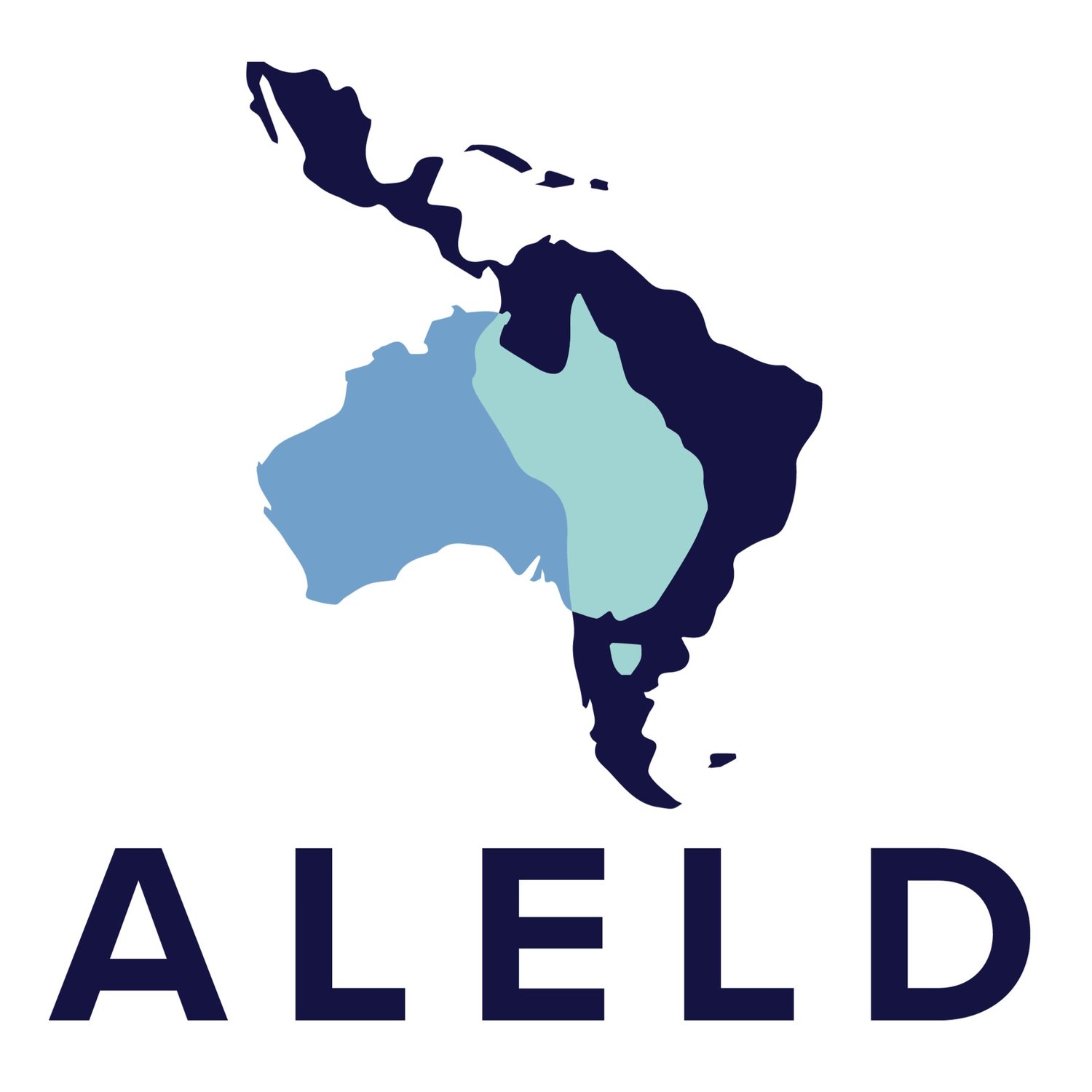What can Latin America learn from the new Australian Law on the Gig Economy?
Source: Unsplash
Australia has recently enacted a new law on the Gig Economy that could serve as a valuable model for Latin America. The Fair Work Legislation Amendment (Closing Loopholes No. 2) Act 2024 (FWLA) has taken a significant step in reshaping the legal position of platform workers. This law introduces new legal categories and new rights for gig workers, creating a more balanced power dynamic between them and platform operators, such as Uber, Rappi and Loggi. As Latin American countries continue to grapple with the complexities of modern gig work without clear legislative direction, the Australian approach offers a novel perspective that might inspire reflection and similar reforms in the Region.
What is the Gig Economy?
The Gig Economy refers to a business model where services are supplied by the service provider, the gig worker, to the final user through a digital platform. In this sense, the Gig Economy is a subset of the ‘Sharing Economy’, characterised by a triangular legal structure with three key participants: (1) a platform operator that facilitates the connection between supply and demand, such as Uber, (2) a service provider, or ‘gig worker’, who supplies the service, like Uber drivers, and (3) a user who benefits from and pays for these services, like Uber passengers (see https://ir.lawnet.fordham.edu/iplj/vol31/iss4/2/).
Source: Unsplash
What is the problem with the Gig Economy?
Governments are unsure whether gig workers should be considered employees, independent contractors, or hybrid workers. This decision has enormous implications because it triggers an entirely different set of rights and duties for gig workers and platform operators. On one end of the spectrum, an employee categorisation would offer more rights to gig workers and more duties (and costs) to platform operators. Conversely, on the other side of the spectrum, an independent contractor categorisation would give fewer rights to gig workers and fewer duties (and costs) to platform operators. The hybrid worker categorisation falls in the middle.
How is Latin America dealing with this problem?
The region is still struggling to define an appropriate legal status for gig workers. Even Chile, the only country in the region with a legislative framework dealing with platform work (Acts 21.431 of 2022 and 21.553 of 2023), has faced significant challenges in defining (and implementing) the legal status of gig workers. Generally, the region still follows traditional labour laws that fail to accommodate the new triangular model characteristic of gig work. It still relies on the traditional categories of employee and independent contractor –– which is usually determined by the existence of ‘dependence’ or ‘subordination’ between the parties –– to define any type of working-related relationship. As a result, the region lacks a hybrid worker category, including Chile.
Source: Unsplash
What is the new Australian law about?
The FWLA adopts a hybrid worker category for gig workers, the ‘employee-like worker’, and settles the ongoing debate on the legal status of gig workers. These workers are not employees or independent contractors, but rather occupy a unique middle ground. While they remain independent from the platform operator, akin to independent contractors, they also enjoy certain rights and protections typically associated with employee status.
Under this new legislative framework, gig workers are entitled to minimum standards which are minimum rights associated with specific matters, such as payment terms, deductions, record-keeping, insurance, consultation, representation, and cost recovery. These minimum standards can be related to any other matter not expressly excluded by the law, like overtime rates, rostering arrangements, legal categorisation of the gig worker, matters that are commercial in nature and do not affect the terms and conditions of engagement of the gig worker, matters related to work health and safety, and penalty rates for services provided. The Australian Fair Work Commission, the Australia’s workplace relations tribunal and regulator, is tasked with defining these minimum standards.
Additionally, the law empowers gig workers to collectively organise and negotiate with platform operators to establish collective agreements, which usually deal with the terms and conditions under which gig workers offer and supply services. The FWLA also introduces mechanisms to address the issue of unfair deactivation of gig workers, offering solutions such as the possibility of reactivation. Further, the law establishes a framework to tackle unfair contract terms within the Gig Economy, preventing power imbalance and ensuring fairness among the parties.
Importantly, the new legislation gives the FWC a central role in determining rights in the Gig Economy context, including setting minimum standards, making orders regarding unfair contracts, and resolving disputes on unfair deactivation and collective agreements.
Although this legislation also creates new challenges, it represents a novel approach to regulating gig work, offering legal certainty previously missing from the law and rebalancing power asymmetries between gig workers and platform operators. As such, this legislation constitutes an interesting example for Latin American countries, which have long struggled to integrate the novel business and legal models of the Gig and Sharing Economies into their own legal and regulatory frameworks.
Dr Juan Diaz-Granados is a lawyer and lecturer with more than 14 years’ experience. He holds a PhD in Law and Technology and currently lectures at the Thomas More Law School at the Australian Catholic University.
Content Disclaimer
The views expressed in this article are those of the author and do not necessarily represent the views or opinions of the Australia Latam Emerging Leaders Dialogue



